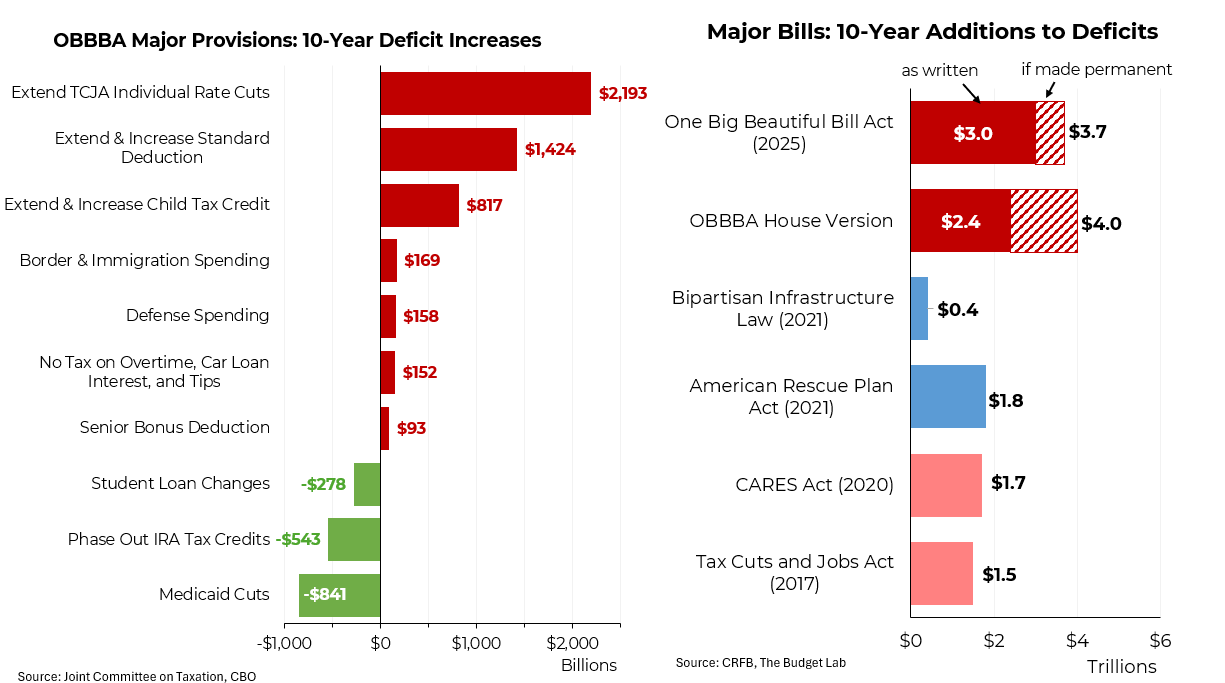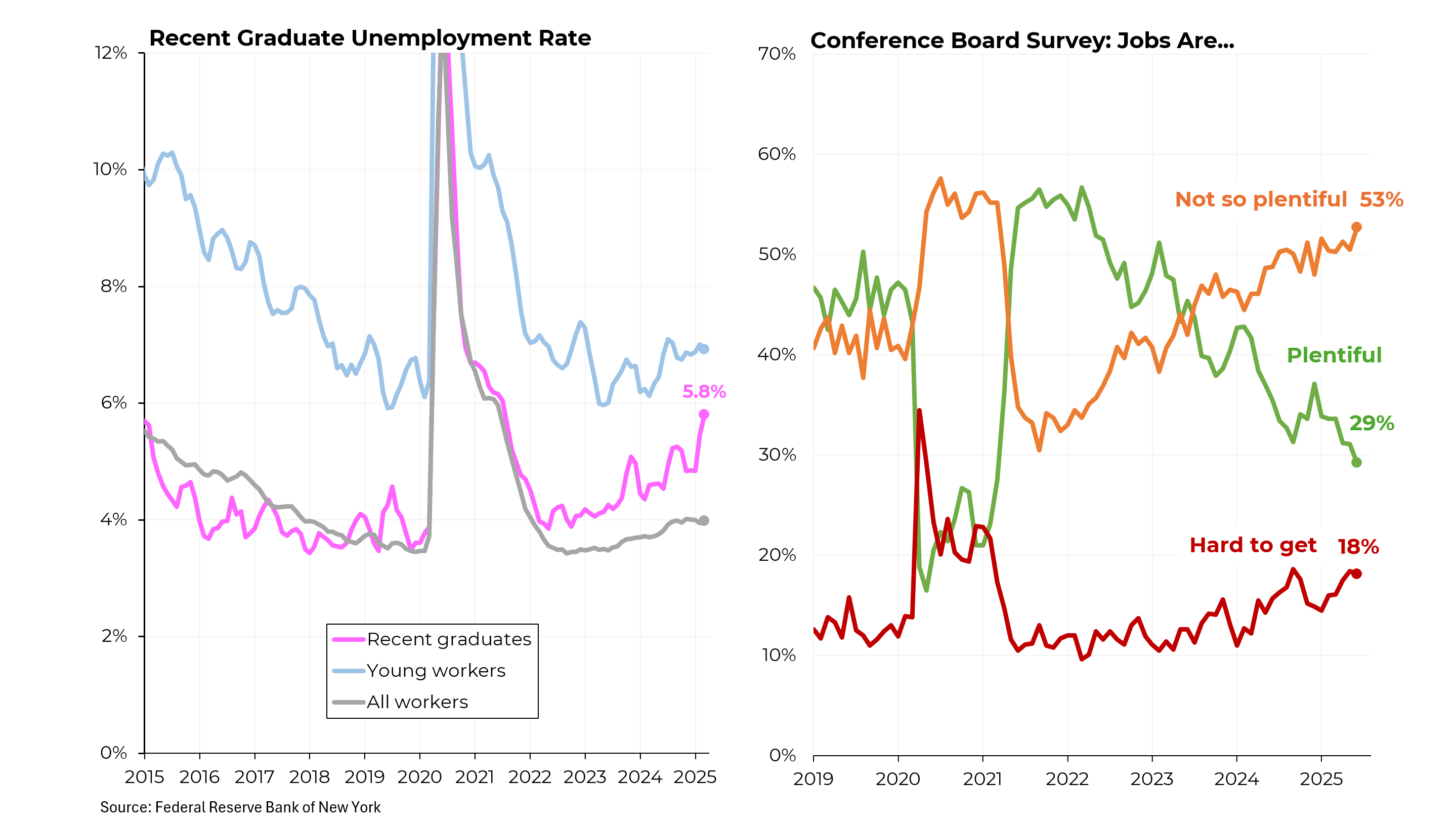As political experts continue to grapple with the weekend results from South Carolina, and particularly Trump’s success among white men and evangelicals, it’s worth focusing on two overlapping groups in which Trump also did well: Republicans with a high school education or less and those with incomes below $50,000.
As this chart shows, Trump outperformed his state-wide average among both of these groups, particularly those with a high school education is less. Compared to his state-wide average vote share of 32.5%, Trump received 45% of the votes of Republicans with a high school education or less. Interestingly, Cruz came in a clear second among this group, while Rubio received only 16% of the votes, compared to his overall 22.5% average.
The spread was narrower among those with incomes below $50,000, although Trump did modestly better than his average, Cruz did materially better than his average of 22.3% and Rubio got the same 16% as he did among those with a high school education or less.
I’m sure this had to do with many factors, but the state of the job market for blue collar workers was almost certainly one of them.
Over the past 16 years, and particularly during the financial crisis and recession, South Carolina suffered more than the national average in the manufacturing area. Since Jan 2000, the US has lost 29% of its manufacturing employment, while South Carolina has lost 31% of its. For all the talk about BMW and Boeing and other sophisticated manufacturers coming into the state, those “good” new jobs have not nearly been able to offset the jobs lost in industries like furniture manufacturing and textiles. In fact, South Carolina has both an unemployment rate slightly above the national average and incomes that are significantly below the national average.
One of the reasons why Donald Trump’s anti-trade rhetoric may have been appealing in South Carolina is because some of the sectors in which the state was formerly the strongest have been most heavily battered by trade, notably textiles and apparel manufacturing. On a national basis, the country has lost more than 70% of its textile and apparel manufacturing jobs since 2000, the biggest loss of any major sector. So it’s not surprising that Donald Trump’s anti-trade narrative has found favor with the electorate (as has Bernie Sanders’) and may continue to in other states.
Note: for the related Morning Joe clip, click here.








